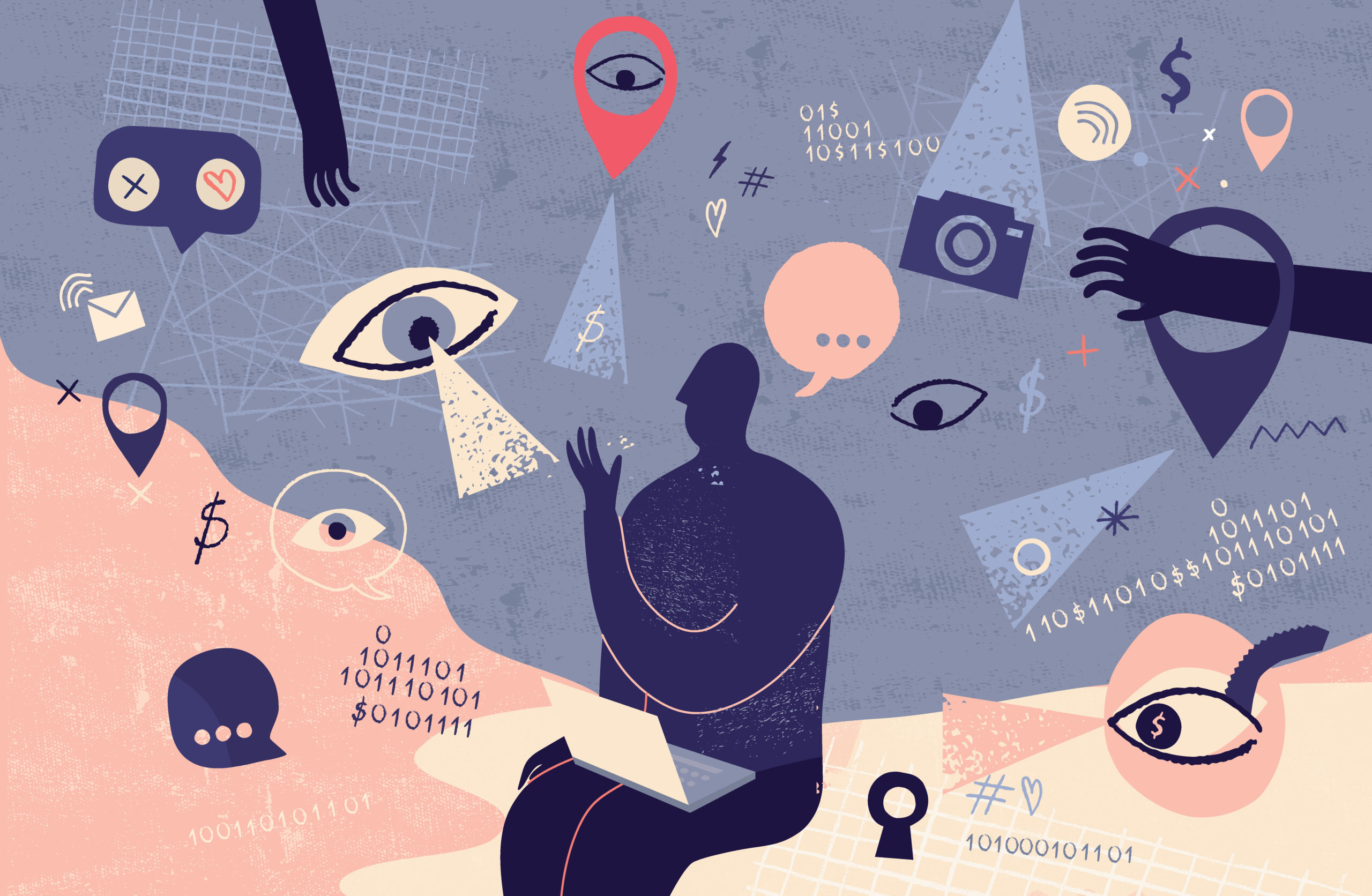by Brandy Abalos
Identity theft can have devastating consequences. Thieves can use personal information to open new credit cards in another person’s name, run up bills and even ruin the other person’s credit score. Sometimes, they may even commit crimes under a stolen identity.
Here are some tips to help protect personal information and prevent identity theft:
Safeguard Social Security Numbers
A Social Security number (SSN) is one of the most crucial pieces of personal information a person has. It is used to identify them for various purposes, including tax filing, employment and social security benefits. As such, it is vital to safeguard it from unauthorized access.
The Social Security number is the key to a person’s financial identity. A person should only give it out if they know who they are giving it to and why that person needs it.
It is unwise for someone to carry their Social Security card in their wallet. It can easily be stolen that way. Instead, keep it locked in a safe at home.
Be Careful About What You Share Online
In today’s digital age, where people share a significant portion of their lives online, it’s crucial to be mindful of what information they divulge. The internet is a powerful tool, but it also presents potential risks for those who are not cautious about their online presence.
Do not share personal information, such as an address, Social Security number or date of birth, on social media or other public websites. Be careful about clicking on links in emails or text messages, as these may be phishing scams designed to steal personal information.
Create Strong Passwords and Use Them Wisely
Use different passwords for different accounts, and make sure they are challenging to crack. A strong password should be:
- Long: Aim for at least 12 characters, but longer is better.
- Complex: Use a mix of upper and lowercase letters, numbers, and symbols.
- Unique: Do not use the same password for
multiple accounts. - Unpredictable: Avoid using easily guessable information, such as names or birthdays.
- Memorable: Choose a password that can be remembered without writing it down.
Protect Personal Documents
Personal documents contain sensitive information that should be kept safe from unauthorized access.
Store documents in a fireproof safe or a locked filing cabinet. For digital documents, use a secure cloud
storage service.
Shred any documents, such as bank statements, credit card statements and medical bills, that contain personal information before throwing them away.
Be Vigilant About Your Credit Reports
Check credit reports regularly for any unauthorized activity. Each of the three major credit bureaus offers consumers a free copy of their credit report at AnnualCreditReport.com.
Many credit cards and credit monitoring sites can be set up to send alerts about changes to a person’s credit report.
Report Identity Theft Immediately
Those who believe they are a victim of identity theft should report it to the police and the Federal Trade Commission (FTC) at IdentityTheft.gov. Then, they should contact their bank, credit card companies and other financial institutions.
Those who have experienced identity theft should monitor their credit reports closely for new fraudulent activity. Criminals may quickly begin taking advantage of their personal information.
Credit counselors can help individuals create a plan to repair their credit and recover from identity theft.
There Are Steps to Avoid Identity Theft
There are several steps to prevent identity theft and respond if it does happen. The most important action is to avoid sharing personal information.
Identity theft can still happen, even to people who take preventative steps. If it does happen, report it to
the authorities immediately and begin locking down credit information.








Leave A Comment